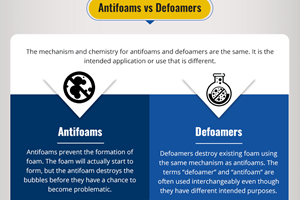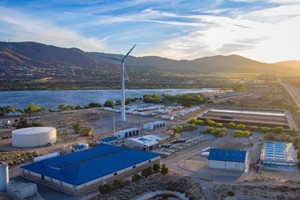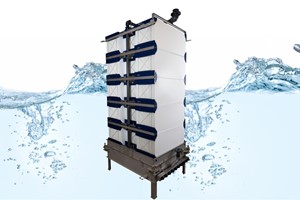In the water industry, controlling foam and preventing its detrimental effects is of paramount importance. Antifoaming agents, commonly known as defoamers, play a critical role in maintaining operational efficiency. As technology continues to advance, the water industry witnesses a steady stream of updates, news, and innovative solutions related to antifoaming. In this article, we will explore the latest developments and new technologies in antifoaming and defoamers, highlighting their significance and potential impact on various sectors within the water industry.
Foam Control in Water Treatment: Foaming is a persistent challenge in water treatment processes, causing reduced efficiency, increased energy consumption, and decreased capacity. To address these issues, researchers are continually working on developing improved antifoaming agents. Recent advancements have focused on the use of environmentally friendly defoamers derived from sustainable sources. These bio-based defoamers demonstrate exceptional performance while reducing the environmental footprint associated with conventional chemistries.
Defoaming in Wastewater Treatment: Efficient wastewater treatment requires the control of foam formation during the treatment process. Antifoaming agents help prevent excessive foam buildup, ensuring smooth operation of wastewater treatment plants. To enhance defoaming efficacy, cutting-edge technologies such as nanotechnology and microencapsulation are being explored. Nanoscale defoamers exhibit higher surface activity, allowing for reduced dosage and increased effectiveness. Similarly, encapsulated defoamers release active agents gradually, prolonging their impact and minimizing the need for frequent reapplication.
Advances in Membrane Filtration: Membrane filtration processes are widely employed for water purification, desalination, and separation applications. However, foaming can impair the performance of membranes, leading to decreased permeability and fouling. To combat these challenges, novel defoaming strategies are being developed, including membrane-compatible defoamers. These defoamers are designed to prevent foam formation without compromising the membrane's integrity or efficiency, ensuring reliable and sustainable water treatment processes.
Antifoaming in Industrial Applications: The water industry extends beyond conventional water treatment and encompasses various industrial applications such as food and beverage production, pharmaceutical manufacturing, and chemical processing. Foaming in these sectors can disrupt production, affect product quality, and increase downtime. As a result, customized antifoaming solutions tailored to specific industrial processes are gaining prominence. Industry-specific defoamers formulated to meet the unique challenges of each application provide optimal foam control, ensuring uninterrupted production and consistent product quality.
Smart Monitoring and Automated Dosing: In an era of digitalization, smart monitoring systems are transforming the way antifoaming agents are utilized. These systems leverage real-time data to monitor foam levels and automatically dose defoamers when needed. By continuously analyzing process parameters and foam conditions, automated dosing systems optimize antifoam usage, reducing costs and minimizing environmental impact. Moreover, remote monitoring capabilities enable swift response to foaming events, ensuring timely intervention and preventing operational disruptions.
Antifoaming and defoaming technologies are continuously evolving to meet the ever-increasing demands of the water industry. The latest developments discussed in this article demonstrate the industry's commitment to efficient foam control, sustainability, and cost-effectiveness. By embracing these innovations, the water industry can enhance its operational efficiency, improve product quality, and contribute to a cleaner and more sustainable future.
Hassan Mourtada












